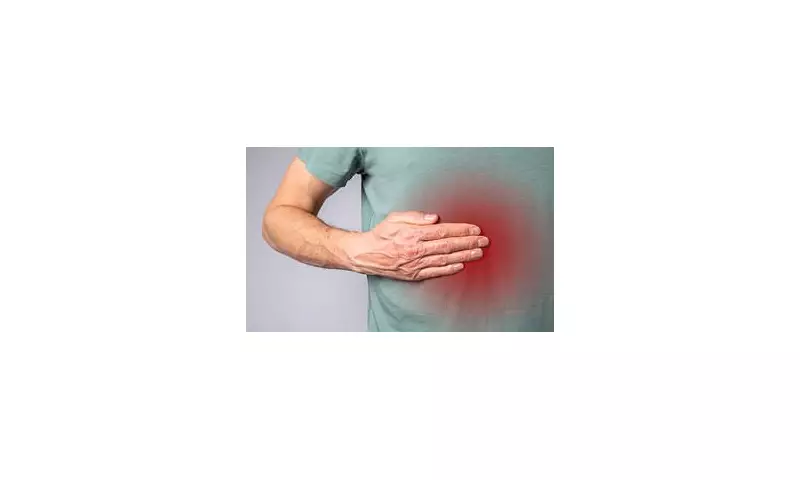
That familiar burning sensation after a spicy meal might be more than just simple indigestion. A prominent British GP has issued an urgent health warning, revealing the critical red flag symptoms that could transform a common complaint into a potential medical emergency.
The Silent Danger Behind Everyday Discomfort
While occasional heartburn affects millions, Dr. Sarmed Sami, a leading gastroenterologist, emphasises that persistent symptoms warrant serious attention. "We often dismiss heartburn as a dietary mishap," states Dr. Sami, "but when certain warning signs appear, they can indicate conditions like Barrett's oesophagus or even oesophageal cancer."
Seven Red Flag Symptoms You Must Not Ignore
Medical experts urge immediate consultation with your GP if you experience any of the following symptoms alongside regular heartburn:
- Persistent difficulty swallowing (dysphagia): A sensation that food is sticking in your throat or chest
- Unexplained weight loss: Losing weight without changes to diet or exercise routine
- Persistent vomiting: Especially if vomit contains blood or resembles coffee grounds
- Iron deficiency anaemia: Resulting from chronic, unnoticed blood loss
- Painful swallowing: Discomfort or pain when eating or drinking
- Chronic coughing: Particularly when lying down or at night
- Persistent hoarseness: Lasting changes to your voice quality
Why Early Detection Matters
Oesophageal cancer survival rates dramatically improve with early detection. Dr. Sami stresses: "These symptoms don't automatically mean cancer, but they do require proper medical evaluation. The NHS offers diagnostic tests that can provide answers and peace of mind."
When to Seek Immediate Medical Help
The NHS advises seeking urgent medical attention if you experience:
- Vomiting blood or black, tarry stools
- Severe chest pain that radiates to your arm, neck, or jaw
- Choking sensations or inability to swallow liquids
These could indicate a medical emergency requiring immediate hospital care.
Protecting Your Long-Term Health
While over-the-counter medications provide temporary relief, they don't address underlying causes. Dr. Sami recommends: "Don't self-medicate indefinitely. If you rely on antacids for more than three weeks, or if your symptoms persist despite medication, consult your GP for proper assessment and management."
Remember: listening to your body's warning signals could be the most important health decision you make this year.





